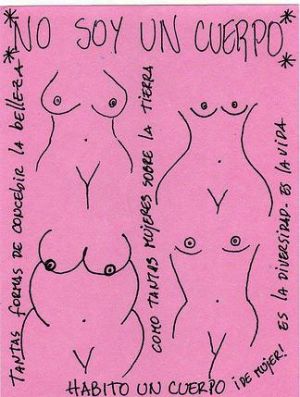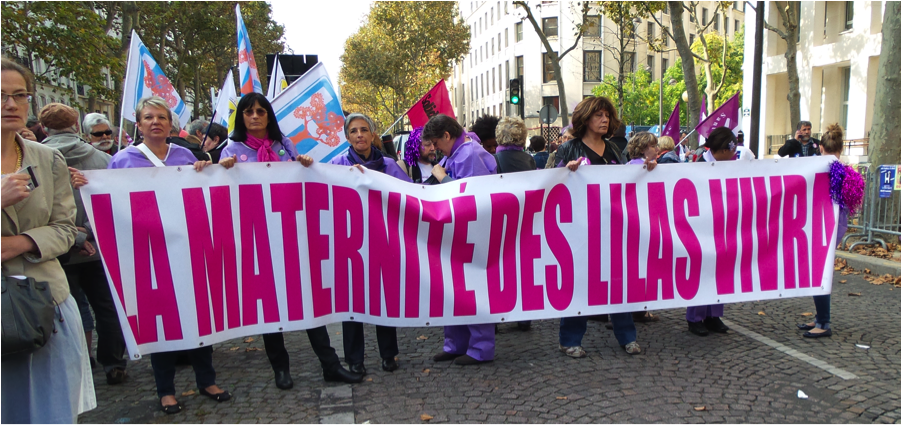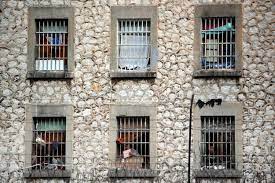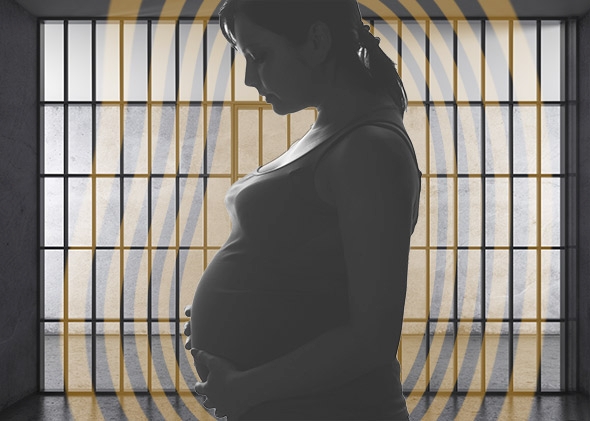
Najat Vallaud-Belkacem
Not long ago, Najat Vallaud-Belkacem, then the French Minister of Women’s Rights, introduced and successfully defended a bill entitled “For Real Equality Between Women and Men.” This bill supported the normalization of parity. After the recent reshuffle of the government, Vallaud-Belkacem has become France’s Education Minister. This position is the fourth most important in the ranking of ministers in France. She is also the first woman to hold this major ministry.
Her nomination could have been a sign that something was working toward real parity in the highest political representation in France, but alas no. Immediately after her nomination, Vallaud-Belkacacem was targeted in right wing magazines by sexist and xenophobic attacks. These attacks used her dual Moroccan and French citizenship, her Muslim origin, her youth (she is 36), her sex, her support for same sex marriage, her support for the inclusion of gender theory in regular primary and secondary education, and, finally, her active feminist support for women’s rights.
Valeurs Actuelles, a magazine that the former president Nicolas Sarkozy uses regularly to make statements about his eventual return to politics, staged her as “the Ayatollah” on its front page, with an edited photo that accentuates the darkness of her eyes, making the portrait loaded with negative representations of Islam. The subtitle uses play on words to suggest that she is going redesign the National Education system. The title of another magazine “Minute” does the rest: “A Moroccan Muslim at the National Education, the Najat Vallaud Belkacem provocation.”
None of these displays of hatred is new. The latest was Christiane Taubira, the Minister of Justice, whose origins and skin color sparked off racist and sexist slurs. Both women epitomize the fight against all inequality, including gender, ethnic and social inequality. Christiane Taubira reacted and wrote to her colleague in a tweet, “They must have nothing in their heads, be empty in their heart, and have hardened souls. Najat, you’re flying high with our ambitions for schools. Thanks.”
Meanwhile, the line between right and extreme right becomes increasingly blurred. In a tweet by a right wing city counselor of Neuilly sur Seine, Najat Vallaud-Belkacem was accused of using her femininity, also called “skirt promotion”, to access this position. The counselor, of course, added a suggestive picture. Another right wing enclase, the city of Puteaux, in a charity effort to support families with children returning to school, distributed strong blue backpacks to boys and strong pink one to girls, making clear the separation in colors and roles of girls and boys in a binary society.
“Najat Vallaud-Belkacem is the ideal target for all those who would like to distill the idea that an immigrant woman could not legitimately be part of a government” says SOS Racism, an association that denounces all sorts of racism. These attacks go beyond that. They exploit the old demon of colonial countries to block advances in women’s rights and human rights and to achieve various goals: controlling the population at large, curtail all debates, policing the whole of the neoliberal environment.
When Najat Vallaud-Belkacem was Minister of Women’s Rights, she declared that we needed to be politically proactive to address gender inequalities. She was right about that. When she said that gender, class, ethnicity are the bases of inequality and that hatred is the way “to emptied hearts and hardened souls” where inequalities grow, she was right again.
(Photo Credit: RTL.fr)







